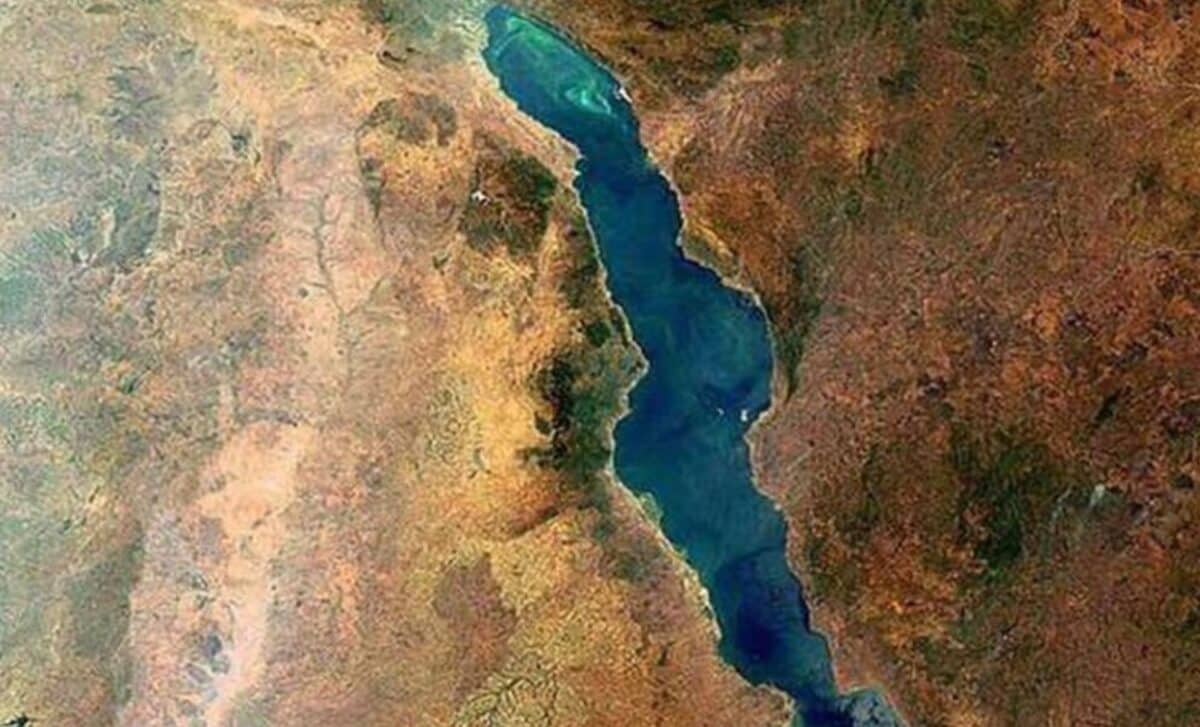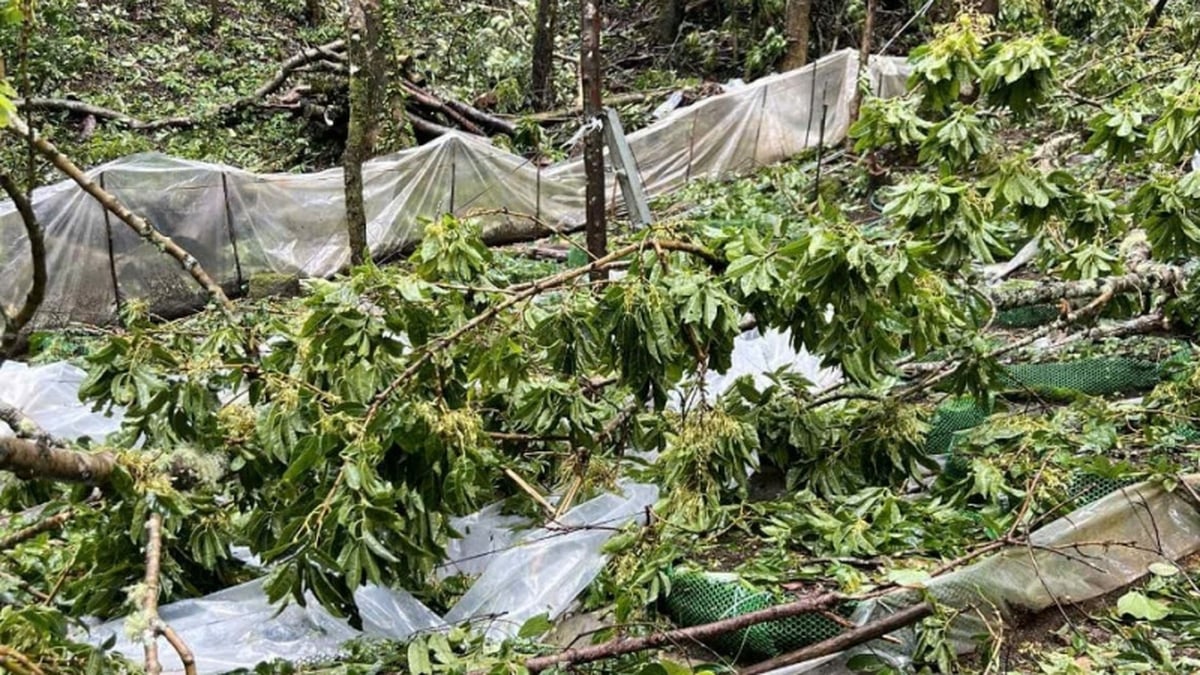(CLO) The East African rift zone system is active, causing tectonic plates to separate from each other. This process will create a new ocean in the future.
The East African Rift System, a vast network of faults stretching from Mozambique to the Red Sea, is at the heart of this geological upheaval. Recent studies suggest that the region’s tectonic plates are moving apart at an accelerating rate, potentially reshaping Africa’s landscape and ecosystems for thousands of years to come.
This process, previously thought to take tens of millions of years, is now estimated to occur within the next million years – or even sooner.

Africa is breaking apart: A new ocean is forming faster than anyone predicted. Photo: GDC
The displacement of the African and Somali plates at a rate of 0.8cm/year has created a large-scale fault system, typified by a 60km long and 10m deep crack in the Ethiopian desert. The process marks the early stages of the formation of a new ocean.
Cynthia Ebinger, a leading geologist, highlights the acceleration of this process: “We’ve shortened the time frame to about a million years, maybe even cut it in half,” Ebinger explains. She notes that major seismic events, such as earthquakes, can accelerate the process.
Video of the split (source: YouTube/Africa Observers)
X [embed]https://www.youtube.com/watch?v=rv_j71IIQ1s[/embed]
This process is reminiscent of the formation of the Atlantic Ocean millions of years ago, the only place where continental crust transformed into oceanic crust.
This rare opportunity allows scientists to study in detail the processes that regulate the movement of tectonic plates and the formation of new geological features.
In 2005, more than 420 earthquakes in just a few days created a giant fissure in Ethiopia's Afar region, an area with extreme temperatures and drought conditions.
The formation of a new ocean could dramatically change the geography of Africa. Landlocked countries like Zambia and Uganda could gain coastlines, reshaping their economies and ecosystems.
This change emphasizes the dynamic nature of the Earth's surface and the constant interaction of natural forces that shape our planet.
To cope with the rapid pace of geological change, scientists like Ebinger are developing new, more complex models. Their research will help us better predict and respond to the big changes that are coming to the continent.
Ha Trang (according to Dailygalaxy, GDC)
Source: https://www.congluan.vn/chau-phi-chia-tach-mot-dai-duong-moi-dang-hinh-thanh-nhanh-hon-du-bao-post328484.html



































































































Comment (0)